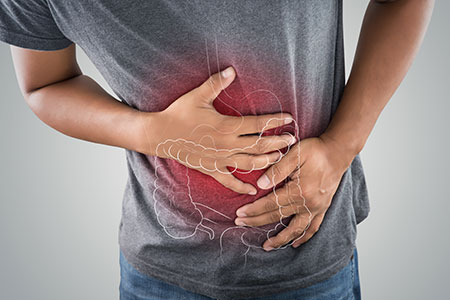
How the Mucosal Barrier Maintains Homeostasis
The mucosal barrier lining the digestive tract is not homogenous and consists of three main components
1:
- An intestinal epithelium, physically separating external environment from the deeper tissues of the body, which contains seven cell types, including stem cells required for epithelial renewal, and some immune cells
- A mucus layer, composed of mucins and antimicrobial peptides, which forms a protective layer over the intestinal epithelium
- A gut microbiome, composed of many different bacteria and limiting invasion of gut by pathogens
In healthy people, all those components remain in homeostasis, ensuring proper function of the intestine, absorption of nutrients and immune response. A disruption of intestinal homeostasis can lead to a variety of diseases
1,2 including:
- Inflammatory bowel disease (IBD)
- Crohn's disease (CD)
- Ulcerative colitis (UC)
- Celiac disease
- Irritable bowel syndrome
- Cirrhosis
- Malnutrition
- Food intolerances or allergies
- Obesity, diabetes
- Rheumatoid arthritis
- Colorectal cancer
Modeling Inflammatory Conditions with NOD2 Knockout Mice
Many research reports have shown that nucleotide-binding oligomerization domain 2 (
Nod2) protein plays a role in inflammatory conditions. It belongs to Nod-like family of cytosolic pattern recognition receptors (PRRs), which sense components of the bacterial cell wall. Upon binding of these components, such as muramyl dipeptide (MDP), the receptor undergoes oligomerization and induces
NFkB target genes. Mutations in the human
NOD2 gene have been associated with Blau and Yao syndromes, an increased risk for Crohn's disease and colorectal cancer (CRC)
3,4. All these diseases are characterized by inflammation of tissues.
The role of NOD2 was studied extensively in
Nod2 mouse
knockouts:
- Nod2-deficient animals demonstrate epithelial barrier disfunction5.
- NOD2 is required for regulation of host response to microflora6-8.
- Microbial communities in Nod2 knockout animals are altered9,10.
- NOD2 modulates T cell function8.
- NOD2 deficiency can exacerbate Graft versus Host Disease (GvHD)11.
This research has revealed alterations in the structure of intestinal mucosa, the gut microbiome and paracellular permeability, all leading to increased inflammation and development of colorectal cancer resulting from NOD2 absence
12,13.
 Learn more about the Taconic Biosciences' mouse models supporting this field of research:
Learn more about the Taconic Biosciences' mouse models supporting this field of research:
Transplanting NOD2-Deficient Stem Cells to Create Inflammatory Responses
Transplantation of hematopoietic stem cells from
Nod2 deficient mice or gut microbiota from the same mice into wild type mice resulted in increased susceptibility to colitis and CRC. The underlying mechanism is most likely due to development of an increased inflammation in the gut.
In wild type mice, NOD2 was shown to activate NFkB and MAPK in response to binding of MDP. This pathway induces expression of interferon regulatory factor 4 (IRF4) and downregulation of Toll-like receptor (TLRs) signaling
12,13. In the absence of NOD2, IRF4 inhibition of TLRs pathway does not occur and leads to stimulation of an inflammatory response.
Induced Colitis in NOD2 Knockout Mice
Induction of colitis by dextran sodium sulfate (DSS) treatment of
Nod2-deficient mice results in infiltration of activated macrophages in the colonic lamina propia
3. This shifts the balance in the intestine towards proinflammatory cells secreting mediators like IL-6, MIP2 or iNOS. This infiltration results in breakdown of epithelial integrity leading to intestinal inflammation resulting in IBD
14.
 Watch the Related Taconic Biosciences Webinar:
Watch the Related Taconic Biosciences Webinar:
References:
1. Sidiq, T.; Yoshihama, S.; Downs, I.; Kobayashi, K. S. Nod2: A Critical Regulator of Ileal Microbiota and Crohn's Disease. Front. Immunol. 2016, 7, 367.
2. Negroni, A.; Pierdomenico, M.; Cucchiara, S.; Stronati, L. NOD2 and Inflammation: Current Insights. J. Inflamm. Res. 2018, 11, 49-60.
3. Zhu, Y.; Zhou, J.; Feng, Y.; Chen, L.; Zhang, L.; Yang, F.; Zha, H.; Wang, X.; Han, X.; Shu, C.; et al. Control of Intestinal Inflammation, Colitis-Associated Tumorigenesis, and Macrophage Polarization by Fibrinogen-Like Protein 2. Front. Immunol. 2018, 9, 87.
4. Couturier-Maillard, A.; Secher, T.; Rehman, A.; Normand, S.; De Arcangelis, A.; Haesler, R.; Huot, L.; Grandjean, T.; Bressenot, A.; Delanoye-Crespin, A.; et al. NOD2-Mediated Dysbiosis Predisposes Mice to Transmissible Colitis and Colorectal Cancer. J. Clin. Invest. 2013, 123 (2), 700-711.
5. Saxena, A.; Lopes, F.; Poon, K. K. H.; McKay, D. M. Absence of the NOD2 Protein Renders Epithelia More Susceptible to Barrier Dysfunction Due to Mitochondrial Dysfunction. Am. J. Physiol. Liver Physiol. 2017, 313 (1), G26-G38.
6. Kim, D.; Kim, Y. G.; Seo, S. U.; Kim, D. J.; Kamada, N.; Prescott, D.; Philpott, D. J.; Rosenstiel, P.; Inohara, N.; Núñez, G. Nod2-Mediated Recognition of the Microbiota Is Critical for Mucosal Adjuvant Activity of Cholera Toxin. Nat. Med. 2016, 22 (5), 524-530.
7. Bumgardner, S. A.; Zhang, L.; LaVoy, A. S.; Andre, B.; Frank, C. B.; Kajikawa, A.; Klaenhammer, T. R.; Dean, G. A. Nod2 Is Required for Antigen-Specific Humoral Responses against Antigens Orally Delivered Using a Recombinant Lactobacillus Vaccine Platform. PLoS One 2018, 13 (5), e0196950.
8. Barreau, F.; Madre, C.; Meinzer, U.; Berrebi, D.; Dussaillant, M.; Merlin, F.; Eckmann, L.; Karin, M.; Sterkers, G.; Bonacorsi, S.; et al. Nod2 Regulates the Host Response towards Microflora by Modulating T Cell Function and Epithelial Permeability in Mouse Peyer's Patches. Gut 2010, 59 (2), 207-217.
9. Rehman, A.; Sina, C.; Gavrilova, O.; Häsler, R.; Ott, S.; Baines, J. F.; Schreiber, S.; Rosenstiel, P. Nod2 Is Essential for Temporal Development of Intestinal Microbial Communities. Gut 2011, 60 (10), 1354-1362.
10. Petnicki-Ocwieja, T.; Hrncir, T.; Liu, Y.-J.; Biswas, A.; Hudcovic, T.; Tlaskalova-Hogenova, H.; Kobayashi, K. S. Nod2 Is Required for the Regulation of Commensal Microbiota in the Intestine. Proc. Natl. Acad. Sci. 2009, 106 (37), 15813-15818.
11. Penack, O.; Smith, O. M.; Cunningham-Bussel, A.; Liu, X.; Rao, U.; Yim, N.; Na, I.-K.; Holland, A. M.; Ghosh, A.; Lu, S. X.; et al. NOD2 Regulates Hematopoietic Cell Function during Graft-versus-Host Disease. J. Exp. Med. 2009, 206 (10), 2101-2110.
12. Ferrand, A.; Al Nabhani, Z.; Tapias, N. S.; Mas, E.; Hugot, J.-P.; Barreau, F. NOD2 Expression in Intestinal Epithelial Cells Protects toward the Development of Inflammation and Associated Carcinogenesis. Cell. Mol. Gastroenterol. Hepatol. 2018, 7 (2), 357-369.
13. Udden, S. M. N.; Peng, L.; Gan, J. L.; Shelton, J. M.; Malter, J. S.; Hooper, L. V.; Zaki, M. H. NOD2 Suppresses Colorectal Tumorigenesis via Downregulation of the TLR Pathways. Cell Rep. 2017, 19 (13), 2756-2770.
14. Lei-Leston, A. C.; Murphy, A. G.; Maloy, K. J. Epithelial Cell Inflammasomes in Intestinal Immunity and Inflammation. Front. Immunol. 2017, 20;8:1168 (8), 1168.







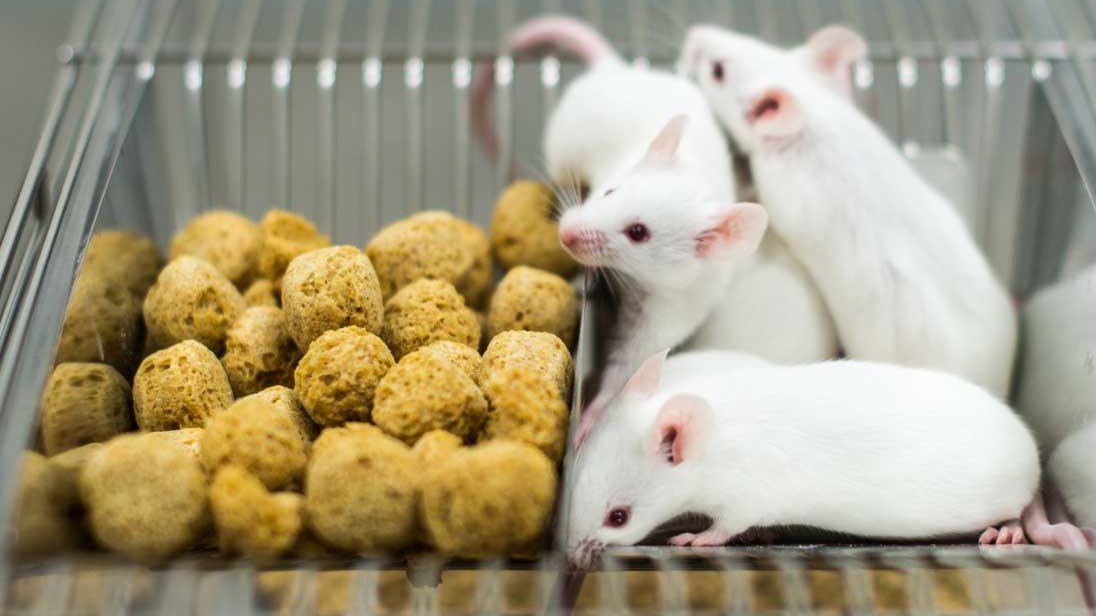
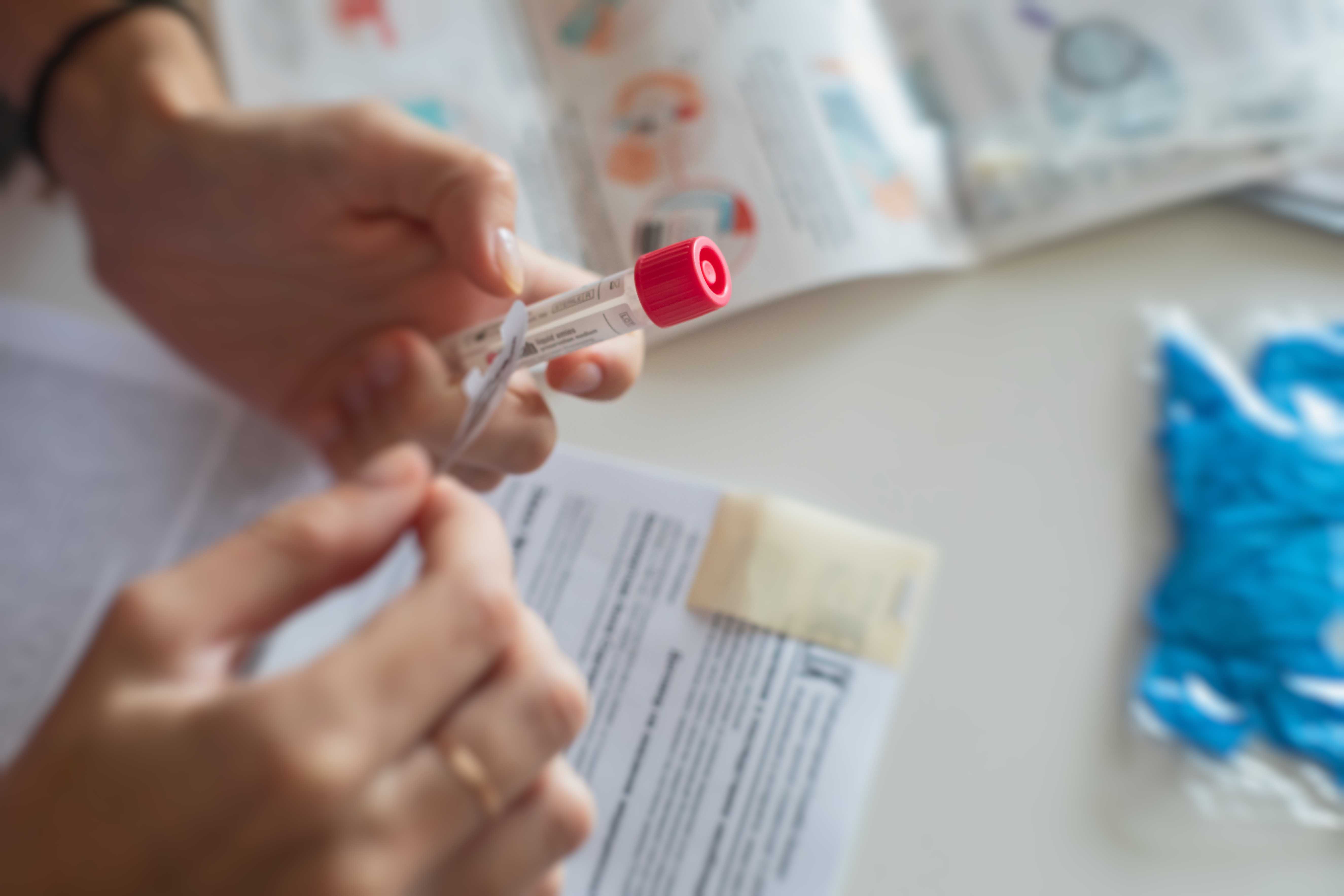
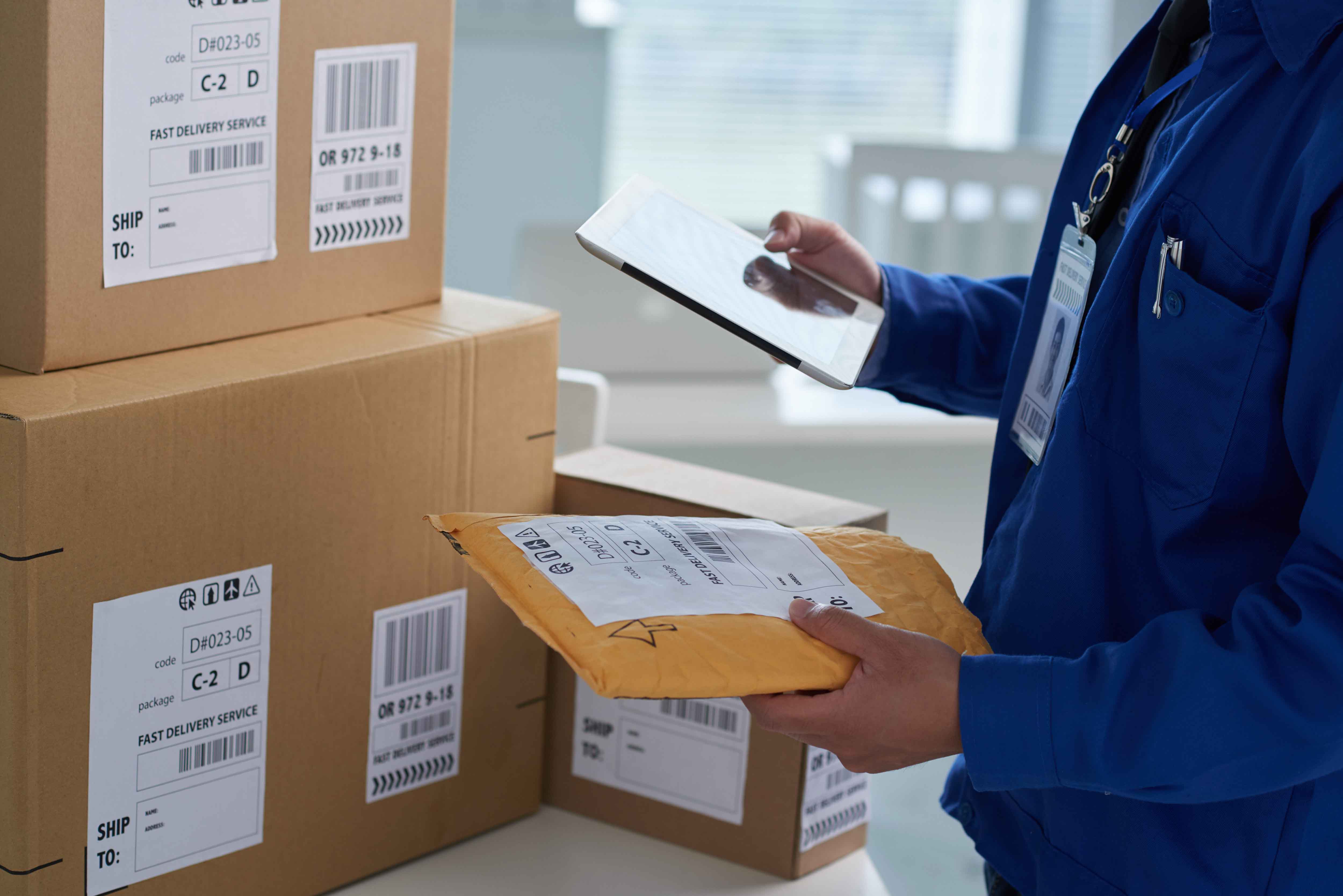
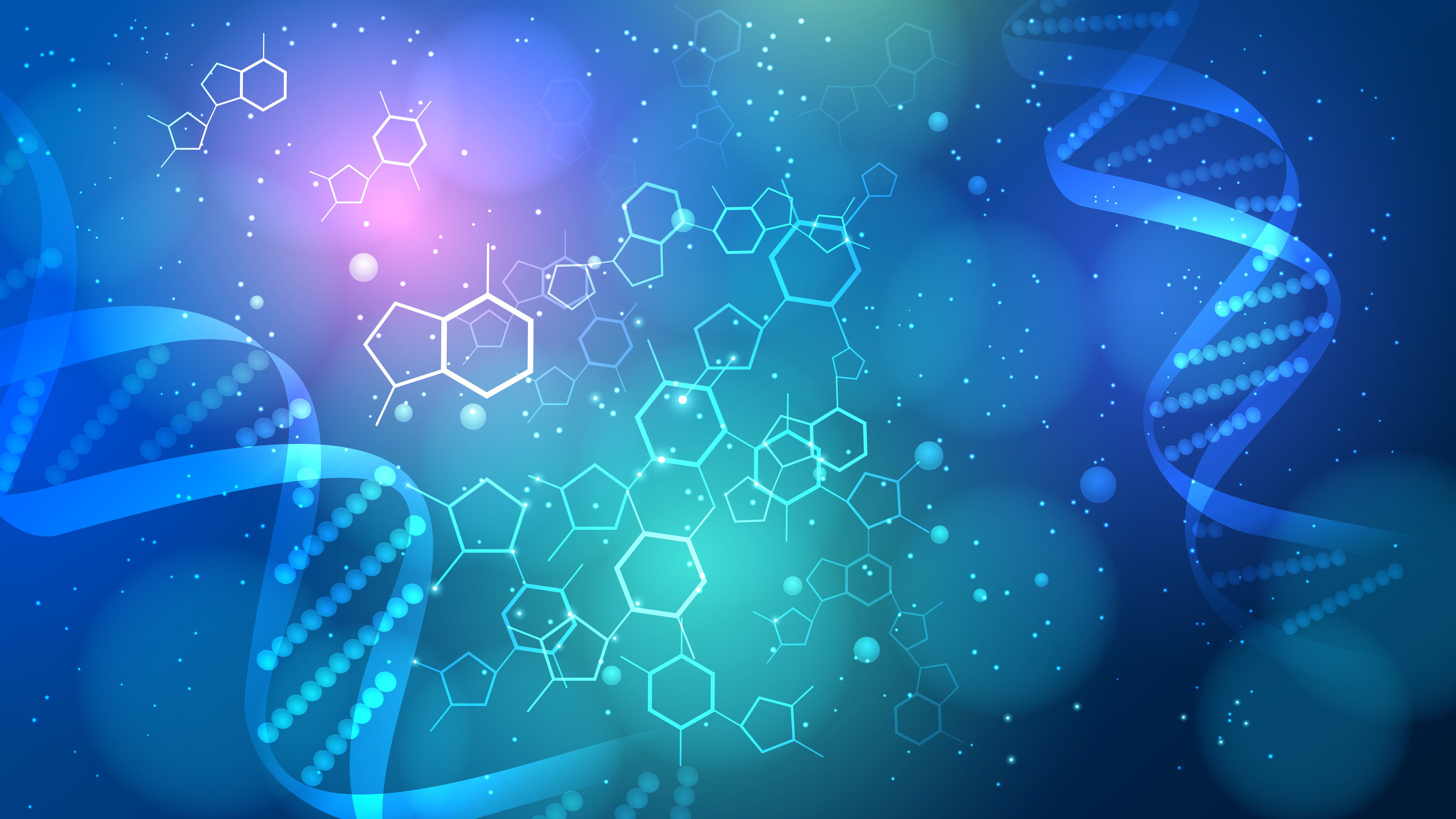


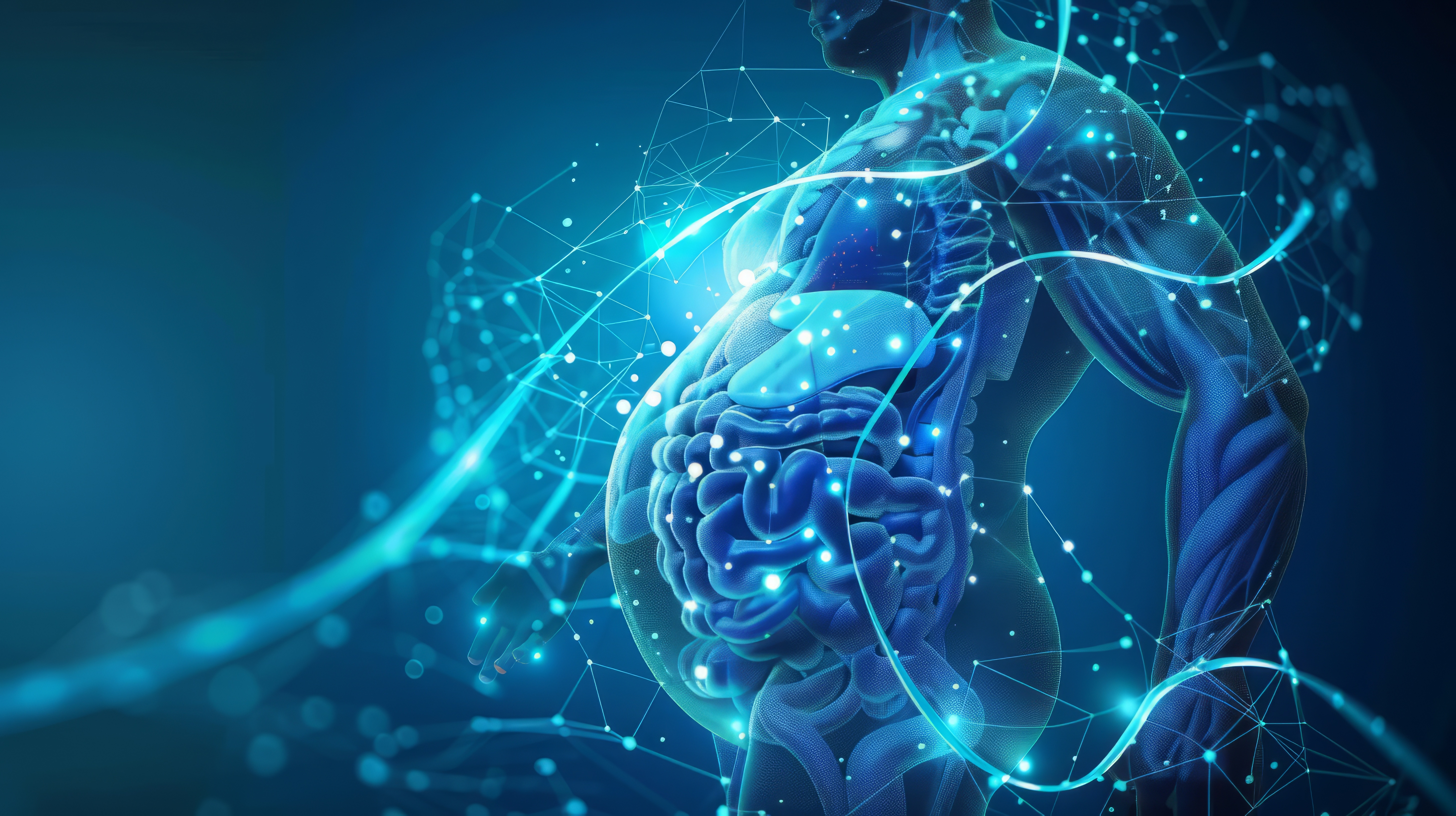


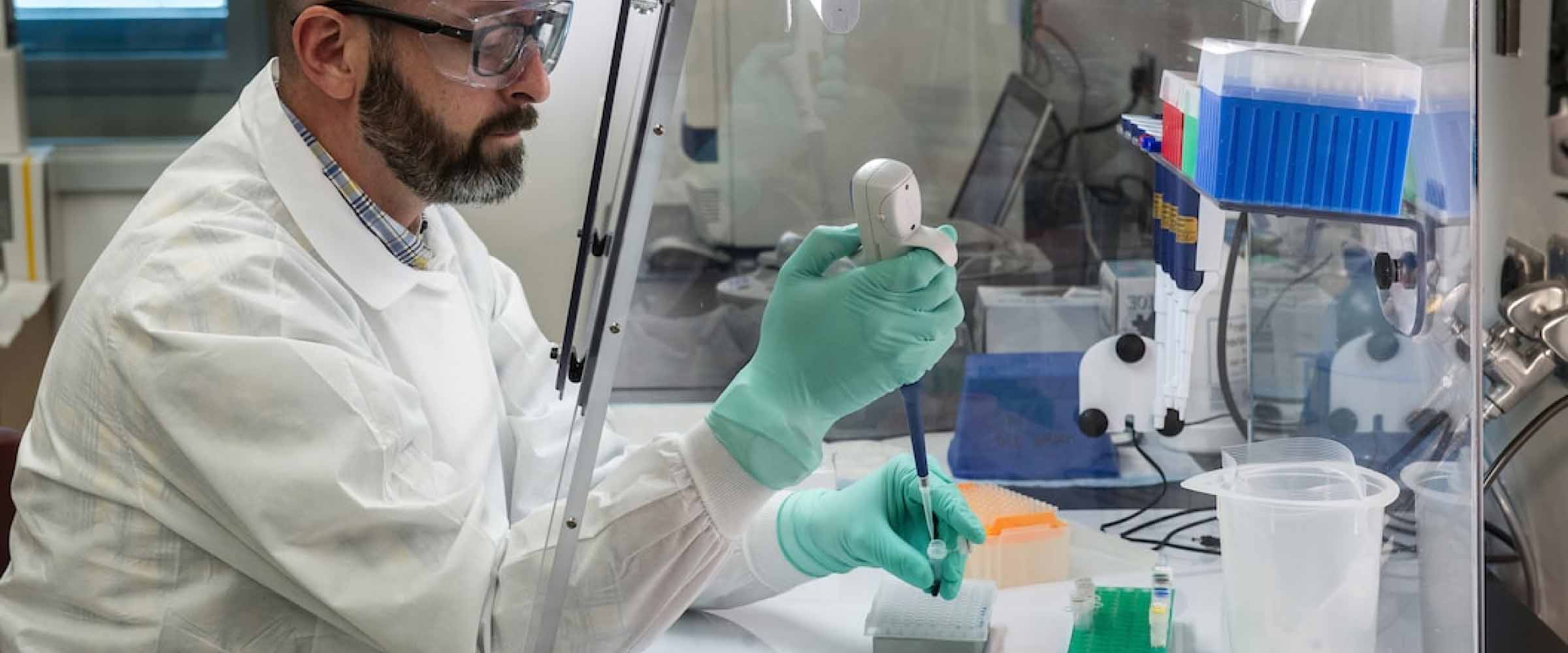
.jpg)

.jpg)
.jpg)
.jpg)
.jpg)
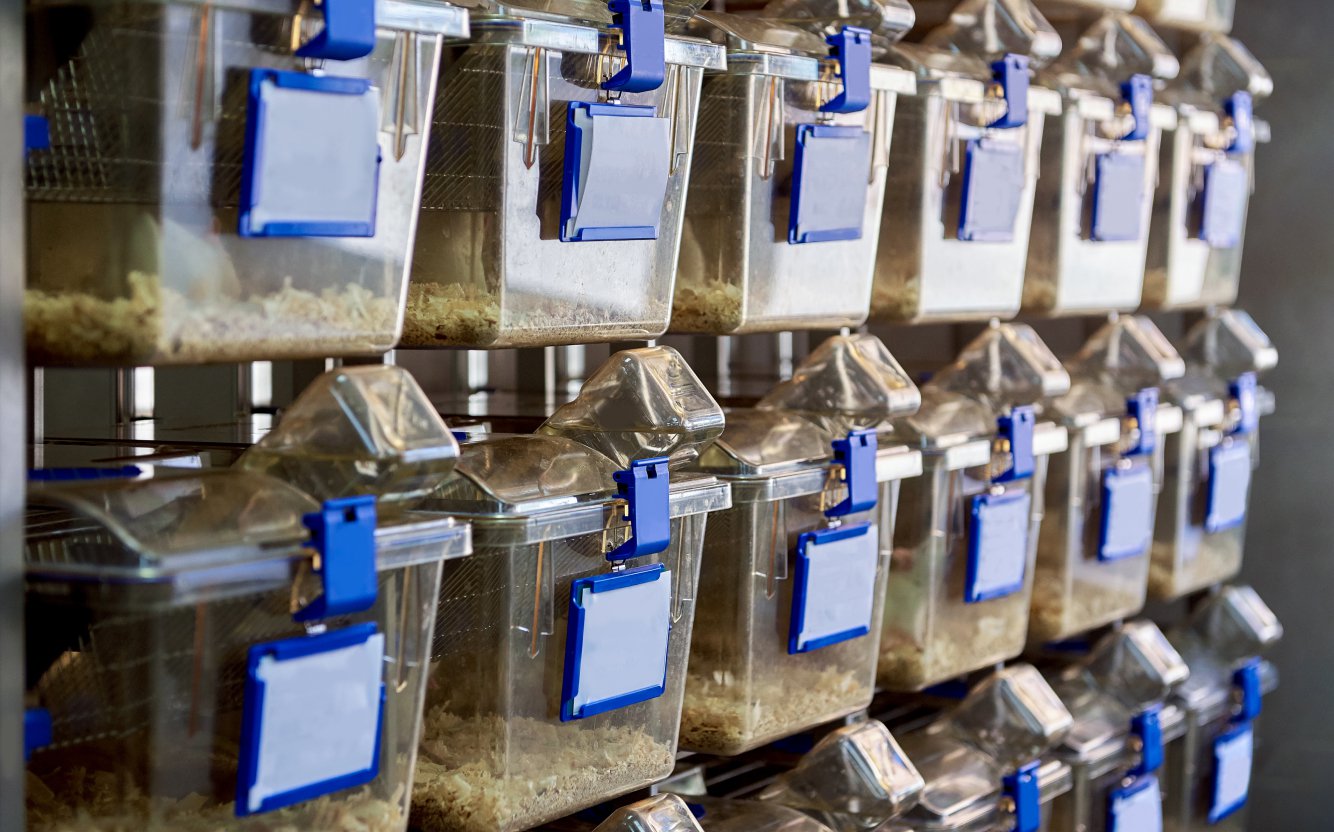
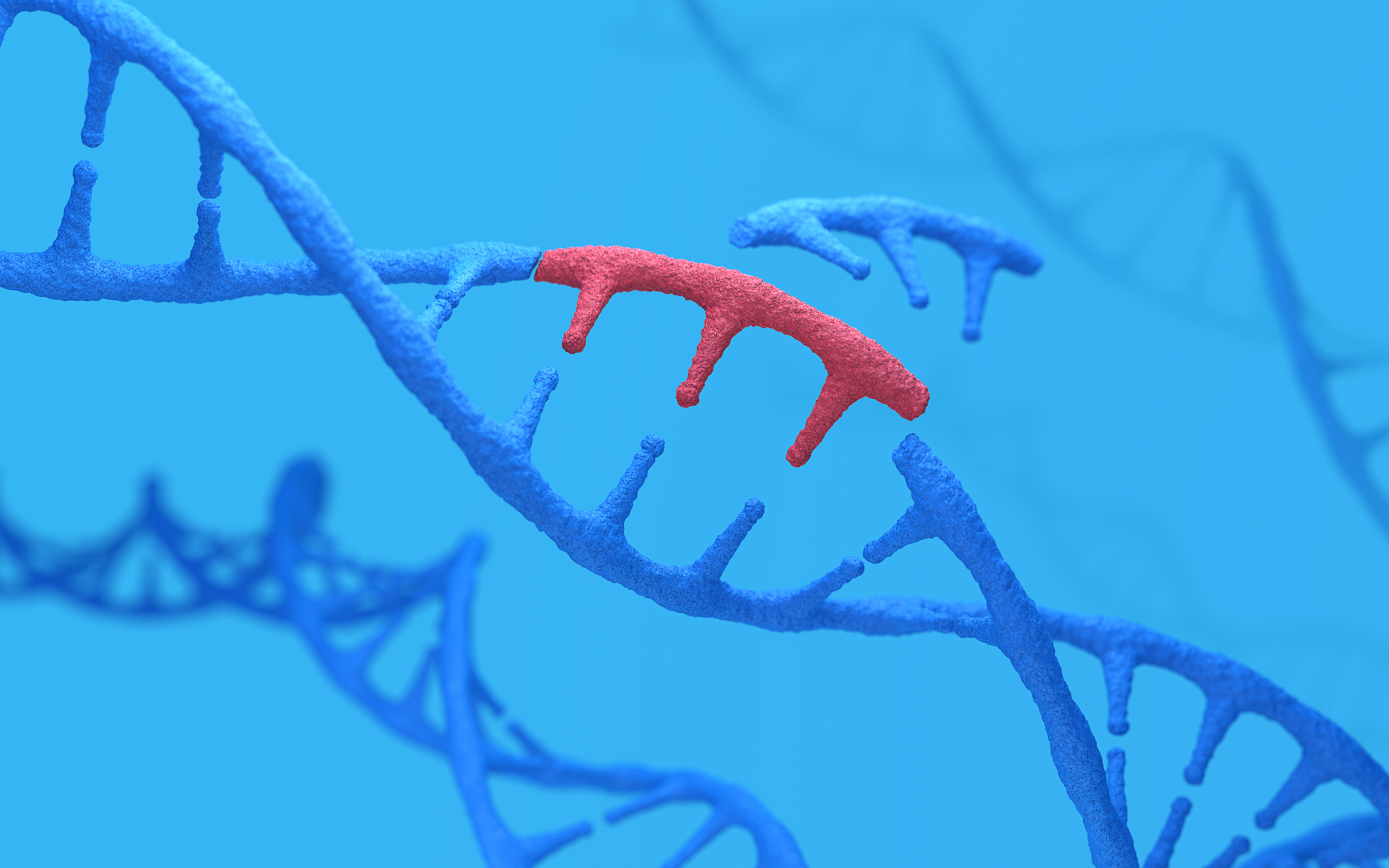
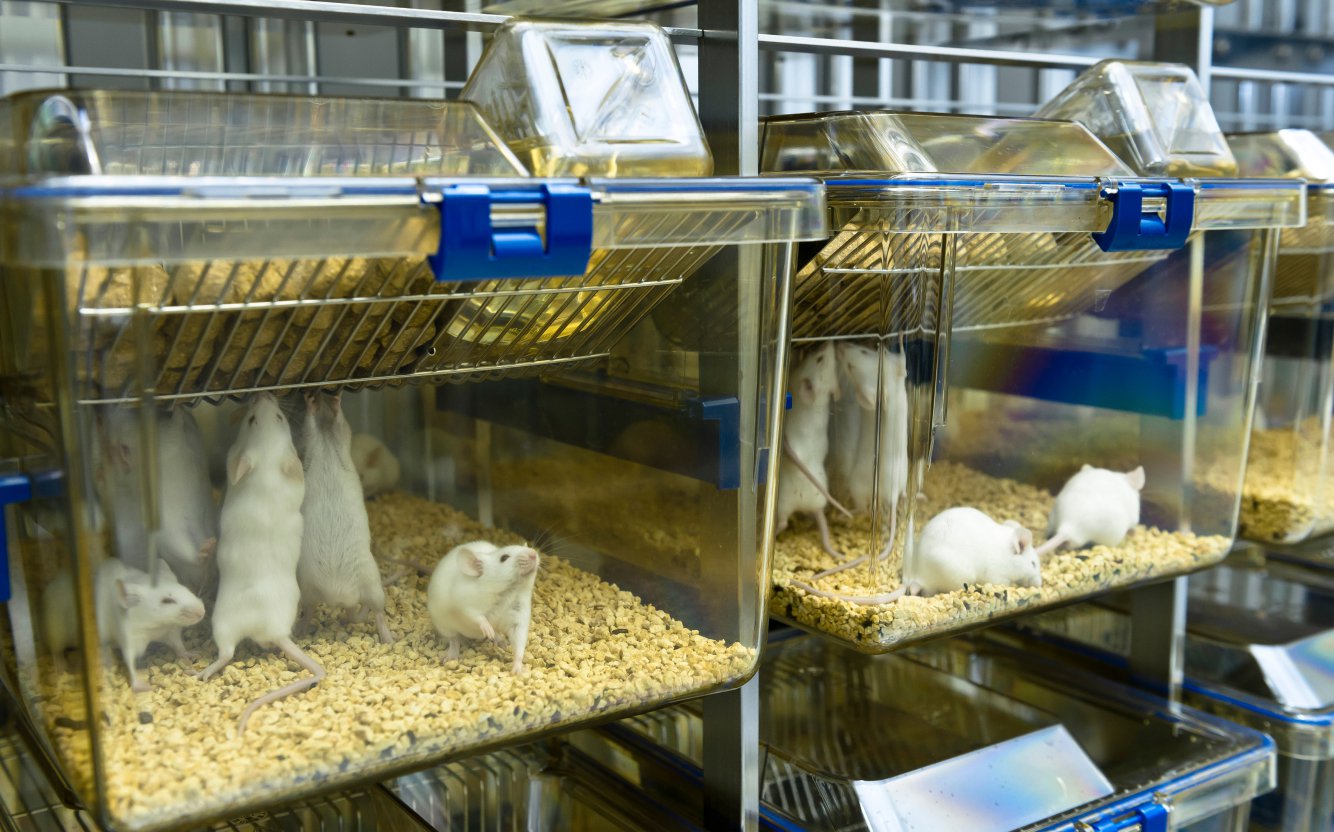


.jpg)

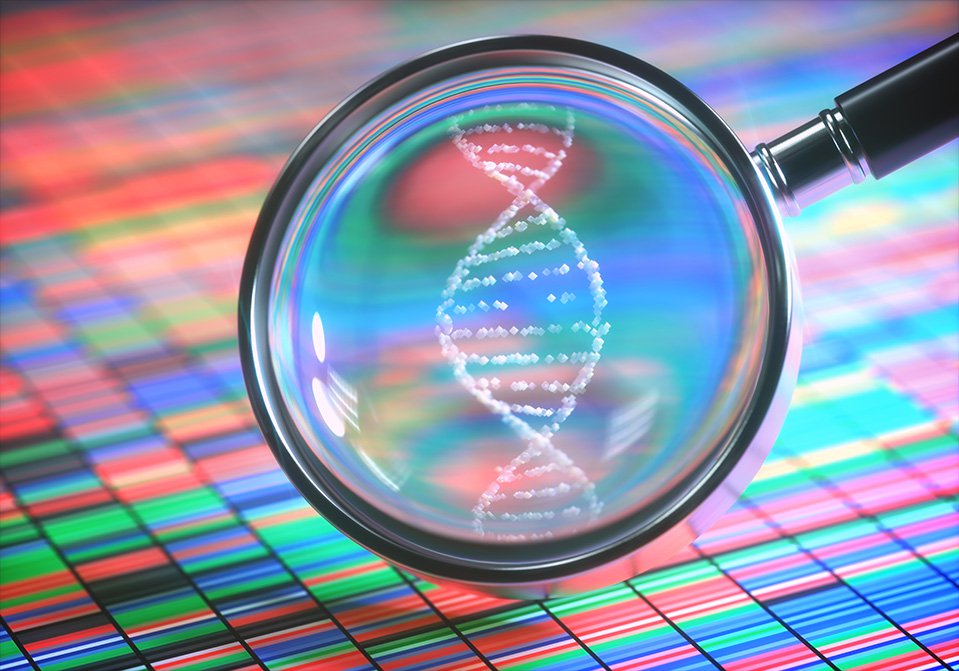
.jpg)
.jpg)
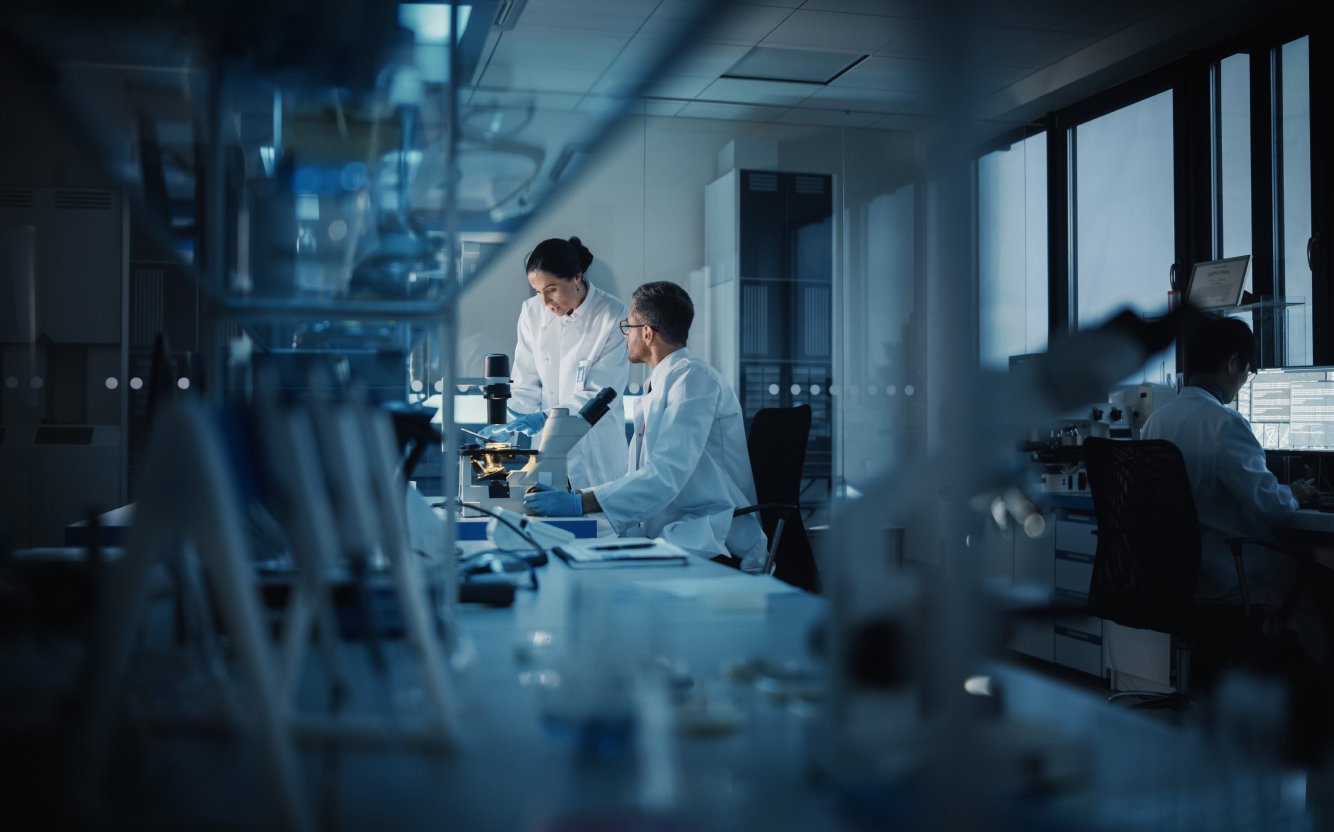
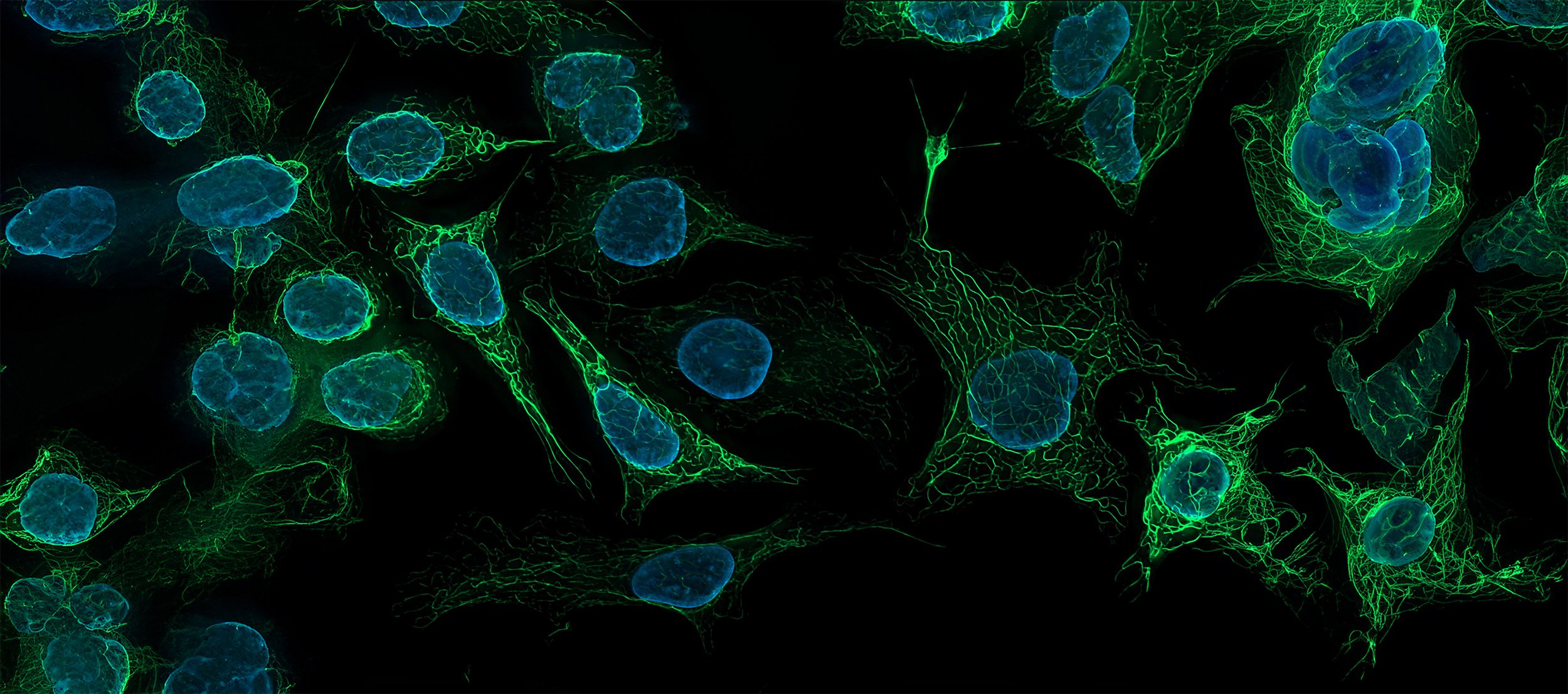
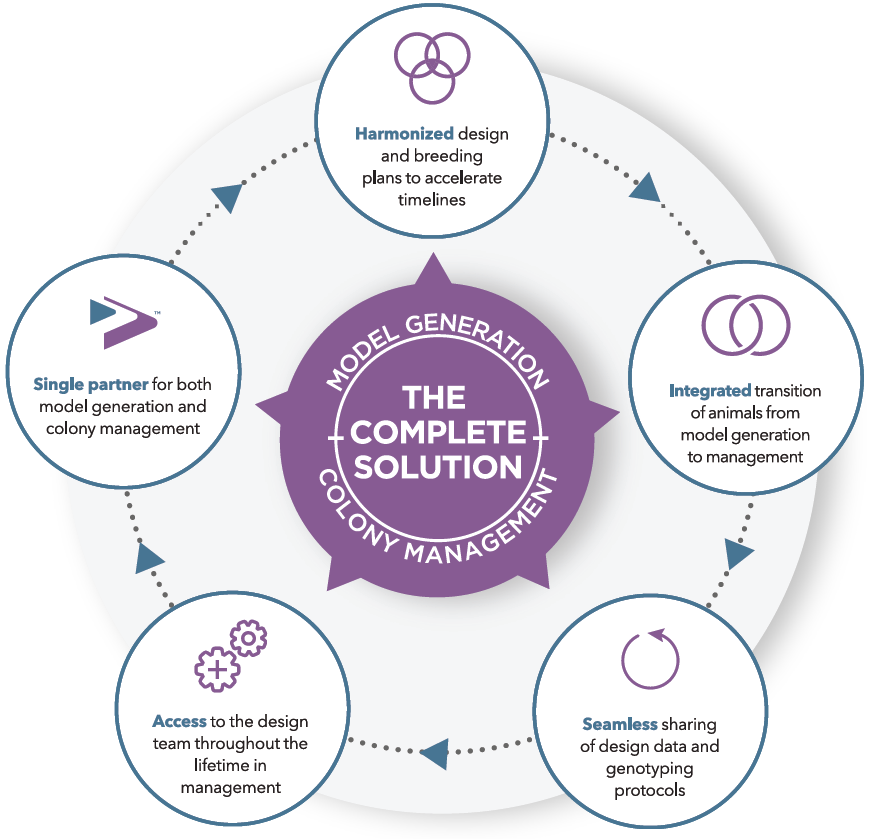
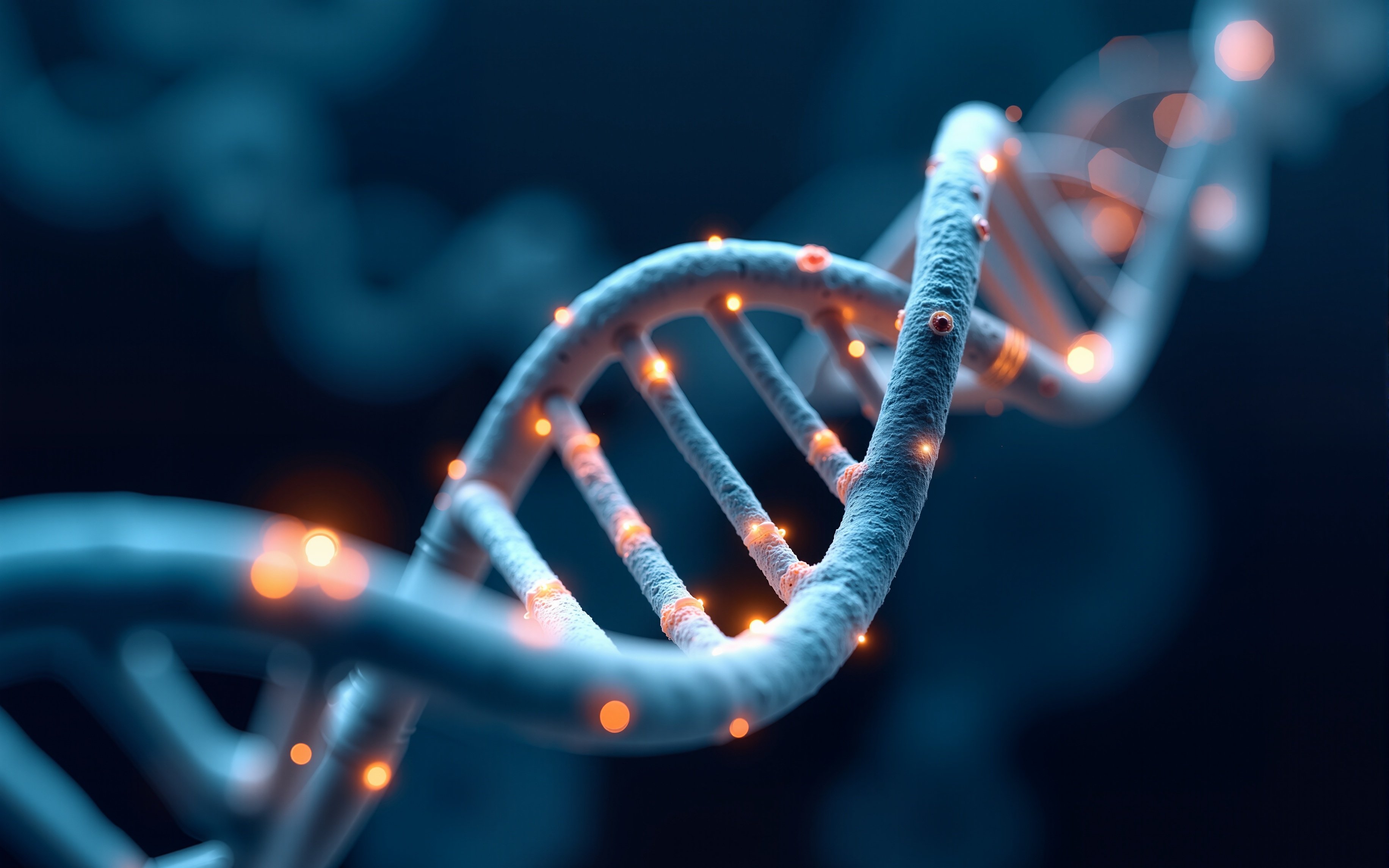
.jpg)
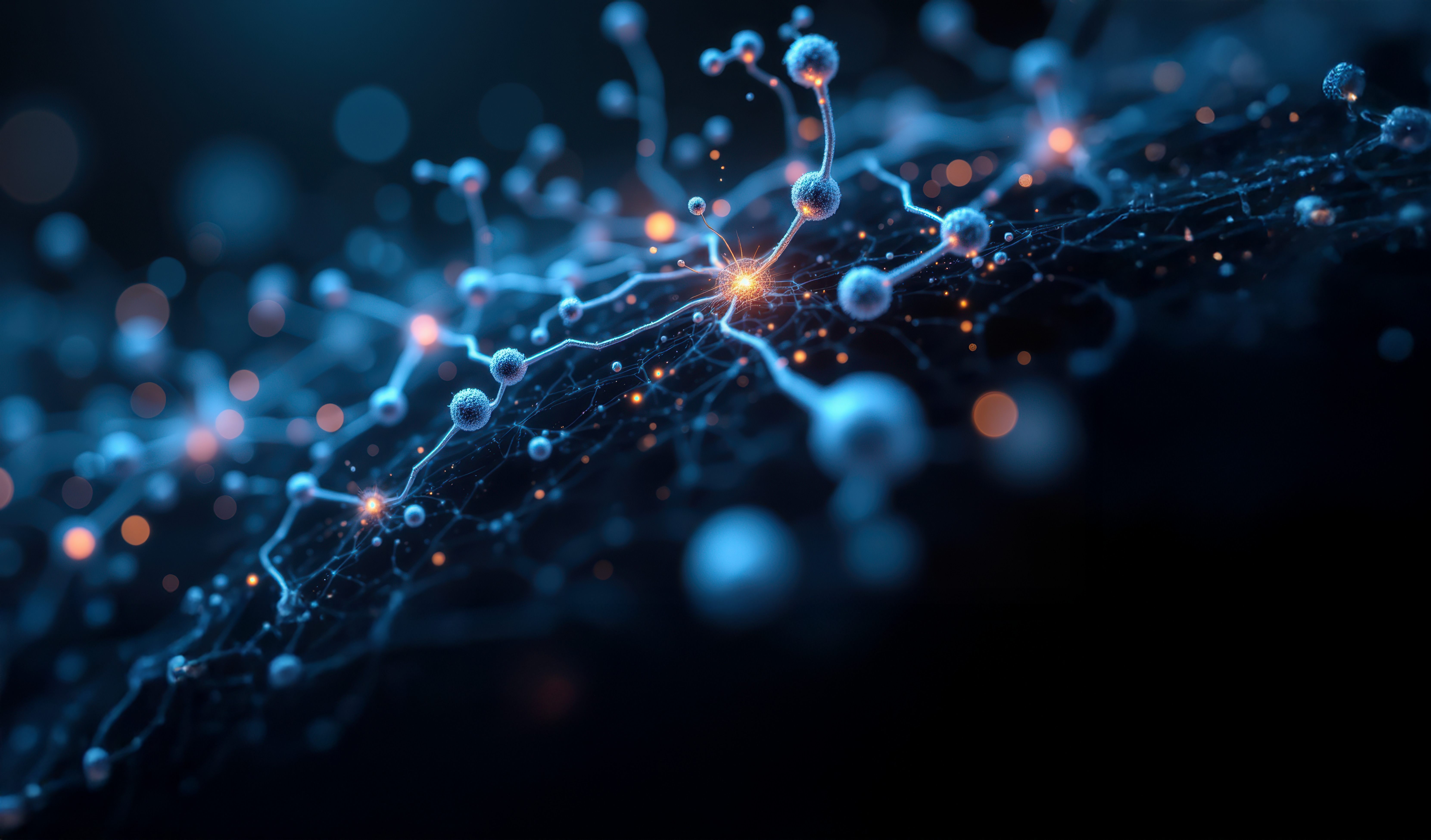
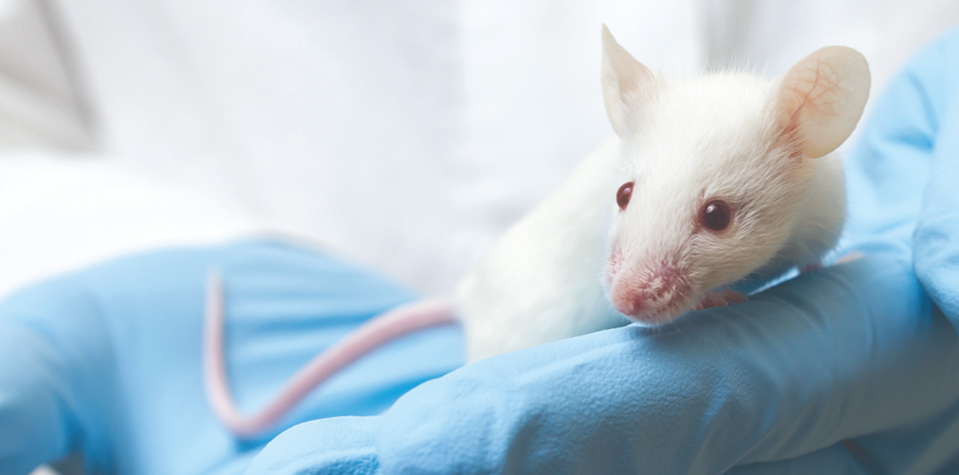

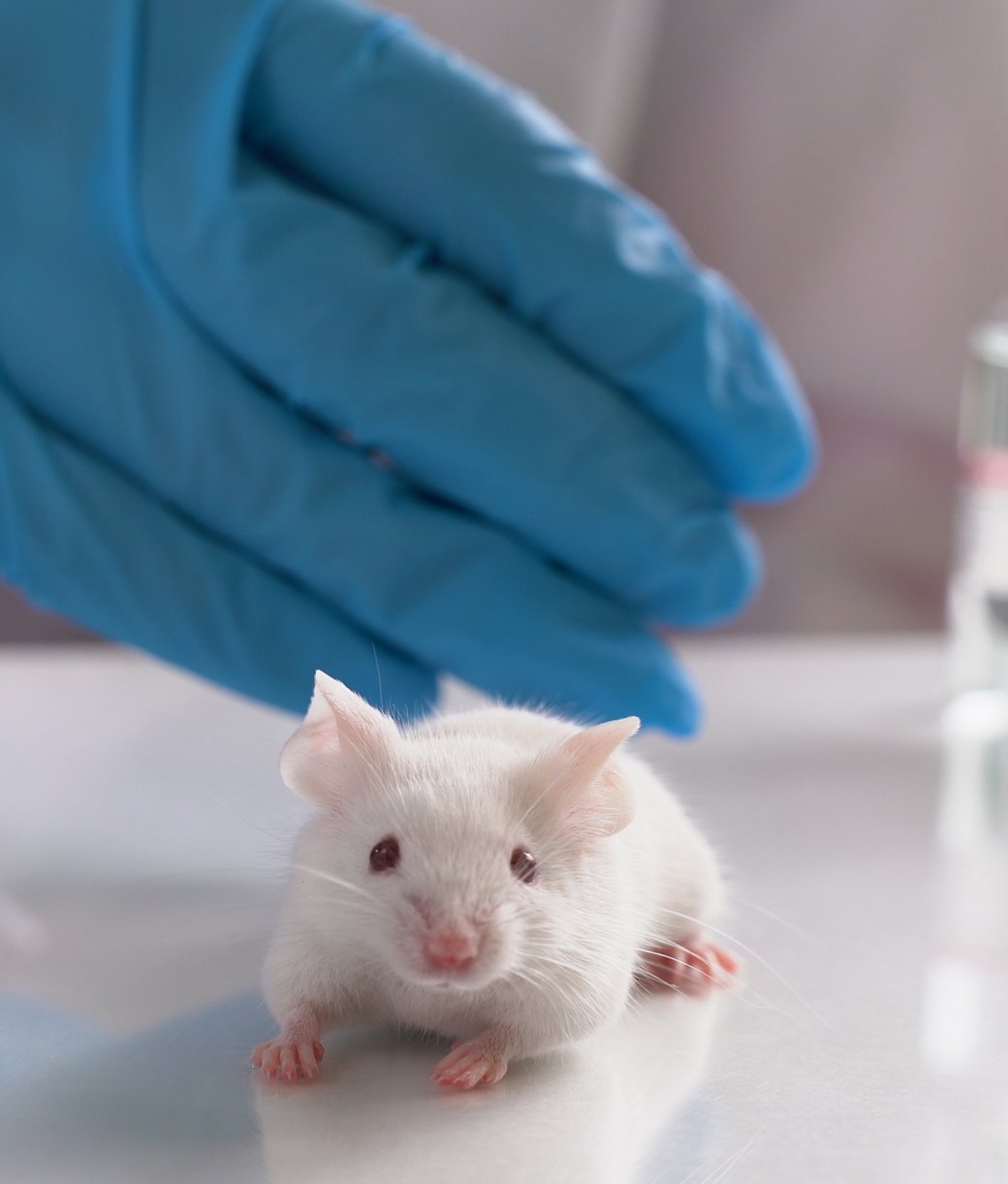

.jpg)

.jpg)





